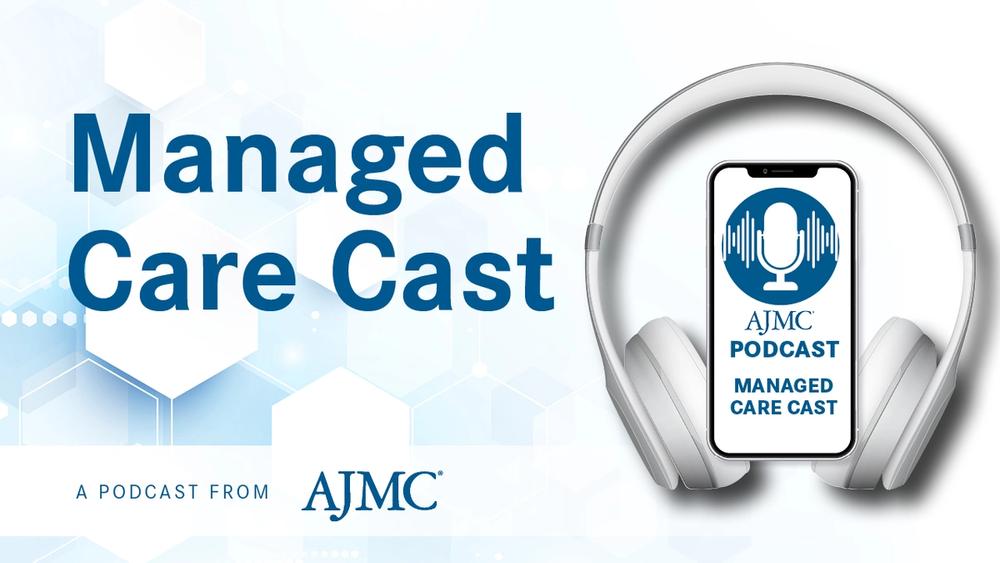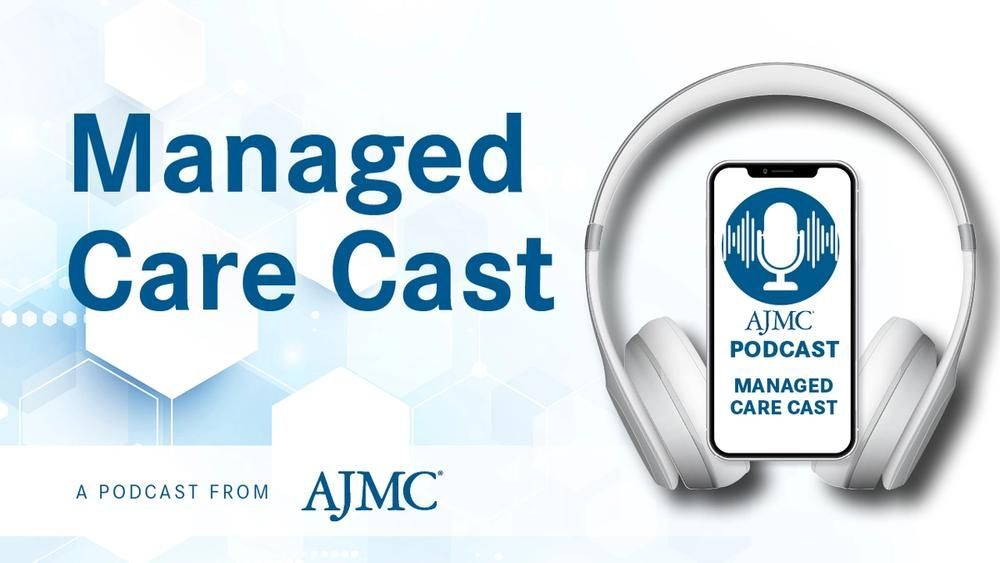Article
5 Things in the Proposed 2017 Physician Fee Schedule
Author(s):
Physician groups like some part of the new fee plan but find other overly burdensome.
There’s been mixed reaction to the proposed 2017 Physician Fee Schedule (PFS) for Medicare, which CMS released July 7, 2016. Coming as it did in the midst of the comment period on the Medicare Access and CHIP Reauthorization Act (MACRA), reactions reflect how the changes fit into that mammoth policy to promote value-based payment. Earlier this week, CMS Acting Administrator Andy Slavitt told a Senate panel that MACRA could be delayed because small and rural practices aren’t ready. Thus, the PFS moves ahead as part of a bigger picture—one with many moving parts.
Here are 5 things to know about the proposed 2017 Physician Fee Schedule:
1. Funding for diabetes prevention. The schedule includes the plan Medicare to start funding the National Diabetes Prevention Program, starting January 1, 2018. Providers will need to register starting January 1, 2017, and the long rollout period reflects the need to help them gain IT proficiency for billing, patient privacy, and fraud prevention. HHS Secretary Sylvia Mathews Burwell highlighted this key policy change at an event with the American Diabetes Association. Preventing diabetes in an aging population is critical for Medicare’s long-term financial health, since $1 of every $3 is currently spent on the disease.
2. Embracing collaborative care. Locating behavioral health providers within a primary care practice is a proven way to increase the likelihood that patients with multiple chronic conditions and depression get the care their need. This model has been shown to improve medication adherence and improve clinical outcomes, especially in patients with diabetes or heart disease. The PFS calls for funding this payment model.
3. Attention for primary care. With this proposed schedule, CMS says it’s putting money behind its call for supporting primary care physicians, who are in short supply as more people become covered under the Affordable Care Act. In a blog post, Slavitt and CMS Acting Deputy Administrator Patrick Conway said the new PFS would steer $900 million into primary care, mental health support, and collaborative care—3 elements that are critical for keeping high healthcare utilizers out of the emergency room.
4. More data on surgical procedures. The American Medical Association (AMA) objects to a proposal to collect claims-based and practitioner data on every 10-minute increment of care around surgical procedures, whether the activity takes place in the hospital or beforehand, such as a telephone call. AMA calls the requirement overly burdensome and says it will be too much for doctors already trying to comply with MACRA. CMS says it needs the data to evaluate how it pays for surgical care, possibly in advance of a broader rulemaking on global surgical payments.
5. Bait and switch on mobility payments? A plan to offer higher reimbursements for patients with mobility issues—who may need help from multiple staff members during an appointment—is fine in theory. But the AMA objects to how CMS wants to fund it: the doctors’ group says it’s unfair to redirect a pay increase included in MACRA for this purpose. AMA also said, “The proposal also raises program integrity questions and seems likely to increase out-of-pocket costs for patients with disabilities.”





